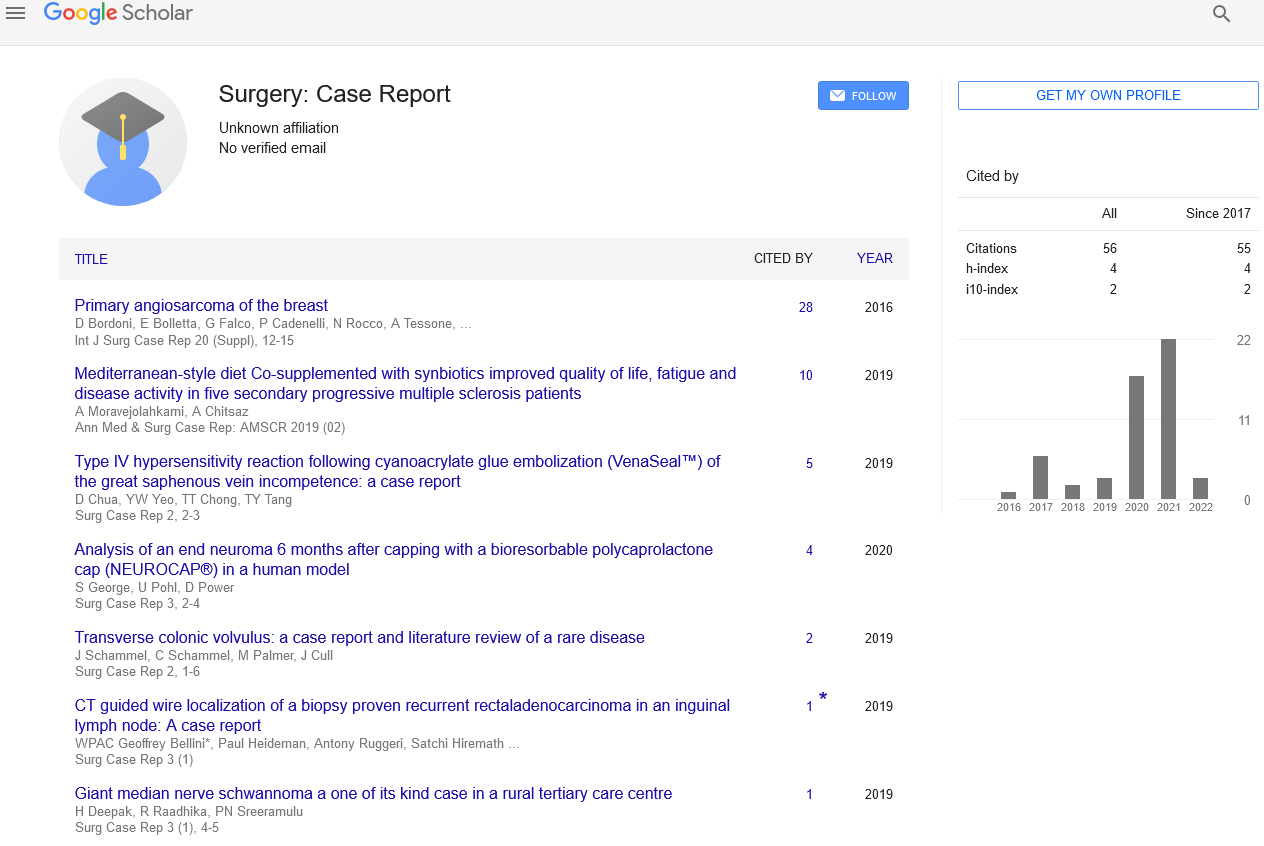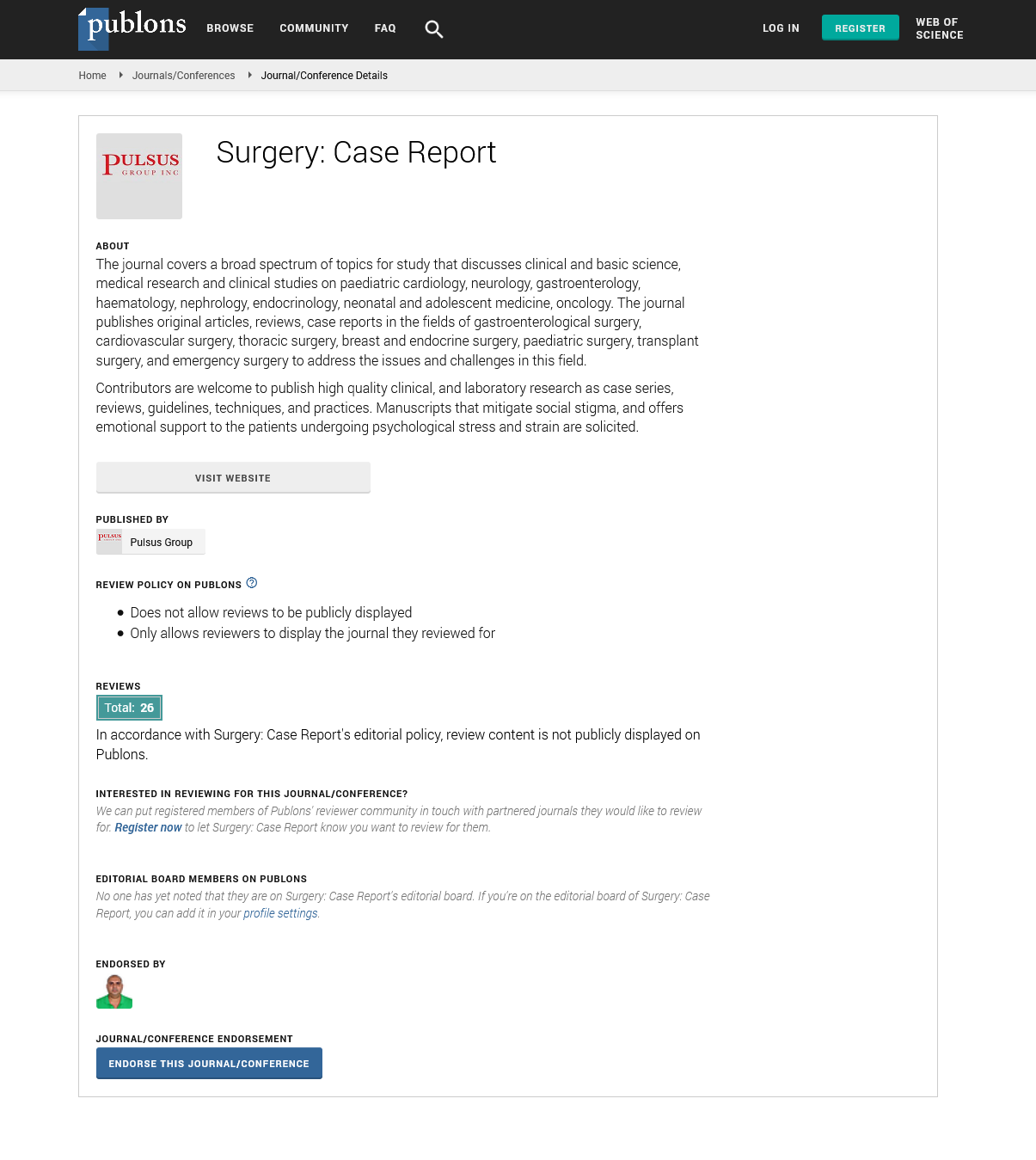
Sign up for email alert when new content gets added: Sign up
Association of metabolism and DNA repair genes with head & neck cancer (HNC) patients from southern Punjab, Pakistan
2nd World Congress on Otolaryngology and Wound Care
August 30, 2021 | Webinar
Zureesha Sajid
Institute of Molecular Biology and Biotechnology (IMBB), Pakistan
Posters & Accepted Abstracts: Surg Case Rep
Abstract :
Statement of Problem: Head and neck cancers (HNCs) are cataloged among the top ten malignancies worldwide. HNC is further divided into cancers of oral cavity, tongue, cheeks, lips, larynx, upper aero-digestive tract, eyes etc. In addition to epidemiological factors, genetics play a very important role in rendering a person immune or prone to carcinomas. Two important families of genes in this regard are CYP family (coding enzymes that metabolize potential carcinogens) and DNA repair genes (which prohibit and proofread errors in DNA replication). Methodology: A case control study was conducted comprising of 100 controls and 135 HNC patients of different age groups to check the association and prevalence of polymorphisms in GSTT1, GSTM1, XRCC1, XRCC2 & XRCC4. A detailed questionnaire was filled by all study subjects followed by the collection of blood samples for DNA extraction. GSTT1 and GSTM1 deletion polymorphism was detected using multiplex PCR to illustrate presence or absence of the gene and the TETRA-primer ARMS PCR assay was developed for rapid determination of SNVs in XRCC1 codon 194, XRCC2 codon 188 and XRCC4 codon 247. Findings: GSTT1 and GSTM1 individual null genotypes have no significant association with HNC while significant positive association has been seen in incidences of GSTT1/GSTM1 simultaneous double deletion. XRCC1 Arg194Trp analysis showed that mutant allele has a protective role while wild type allele is associated with HNC. In case of XRCC2 Arg188His; wild type allele is found to be more frequent in controls while mutant allele was prominent in patients. No allele of XRCC4 Ser247Ala showed any significant association with HNC. We suppose that our data will serve as a fundamental record for the forthcoming clinical and genetic studies related to variability in the response or toxicity to xenobiotics/drugs known to be substrates of glutathione-S-transferases as well as DNA damages.





